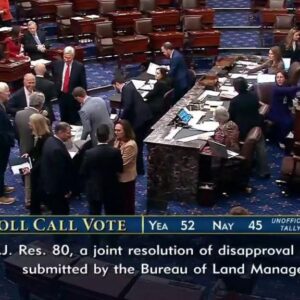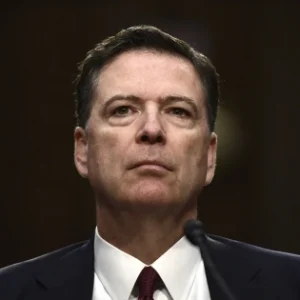In his recent commentary, Congressman Louie Gohmert outlines a compelling critique of the United Nations and its effectiveness, particularly regarding its treatment of the United States and Israel. His argument raises important questions about the U.N.’s role and whether it serves the interests of its member nations, especially those grounded in the protection of human rights.
Gohmert points to President Trump’s actions in withdrawing from various U.N. bodies, noting that these moves highlighted the organization’s “anti-American bias.” His perspective reflects a widespread sentiment that the U.N. fails to uphold the values of individual liberties, which he argues have been undermined by cultures that reject Western democratic principles. Citing Natan Sharansky, Gohmert emphasizes that many nations within the U.N. excuse their own human rights violations by claiming cultural differences, a stance that ultimately hinders progress toward global human rights standards.
The congressman paints a stark picture of the U.N. landscape, where countries with questionable human rights records, such as China and Russia, wield considerable influence. Gohmert challenges the credibility of these nations as fair arbiters in discussions concerning human rights. “When China and Russia are making deals with Iran and North Korea… can we expect them to vote as fair and impartial voters in the U.N.?” he asks, raising an acute critique of the moral integrity of U.N. leadership.
His description of the operational challenges facing the U.N. headquarters in New York adds another layer to his argument. The fact that the land was donated by the Rockefeller family introduces an intriguing element of legality regarding the U.N.’s permanence in the U.S. This detail underscores a potential leverage point for the U.S. to reconsider its hosting role, especially given that taxpayer funding supports the U.N.’s operations despite its perceived bias. Gohmert’s suggestion that the U.S. could decline to renew the lease on the U.N. property serves as an assertion of American sovereignty and control over its own territory.
Further into his commentary, Gohmert tackles the topic of financial accountability. His efforts to draft the U.N. Voting Accountability Act reflect a proactive approach to ensuring that U.S. aid does not support countries that frequently oppose American interests. “You don’t have to pay people to hate us… they will do it for free!” has become a fitting summary of his long-held view that American generosity should not enable hostility.
Gohmert does not shy away from discussing sensitive issues, particularly surrounding the ongoing conflict involving Israel and Palestine. He references a recent U.N. vote to recognize a Palestinian state, framing it as a reckless move that may embolden aggressors. His mention of past and ongoing violence is presented starkly, reinforcing his argument about the hypocrisy he perceives within U.N. actions. The congressman suggests a shift in how we approach peace in the region, even contemplating a different geographic context for Palestinian support… suggesting a temporary relocation to France until a lasting accord can be reached.
Finally, Gohmert concludes with a call for reevaluation of U.S. contributions to the U.N. He postulates that spending on the organization has not only become excessive but also counterproductive to American interests and values. This commentary encapsulates a growing frustration among certain factions regarding the U.N.’s effectiveness and bias. His proposal for alternative solutions reflects a desire not just for change but for a return to a more principled engagement with international bodies.
In total, Congressman Gohmert’s commentary provides a thorough examination of the challenges associated with the U.N. from an American perspective. His arguments emphasize a need to prioritize integrity and mutual respect among nations while confronting the realities of international diplomacy. The points raised highlight a significant debate over how America can best engage with global organizations while upholding its fundamental values.





